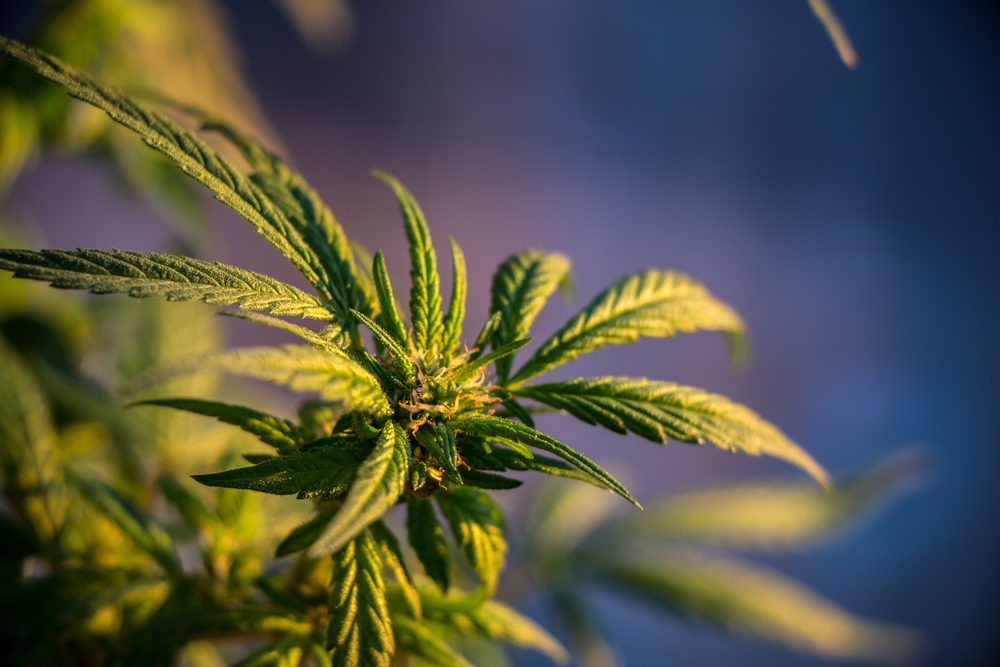
Study: Illegal Pot Growing is Hurting the Environment
Study: Illegal Pot Growing is Hurting the Environment. Illegal pot growers are hurting the environment in California. According to a new study by researchers at the University of California, Berkeley, marijuana farmers are poisoning local food chains and wastefully diverting previous water.
The blame doesn’t fall on legal growers with legitimate growing operations; instead, the ecological damage is being done by farmers who stealthily cultivate crops on parklands and on unmonitored rural properties — typically in remote forested watersheds.
In monitoring the Northern California’s Eel River watershed, researchers found illegal pot growing operation using networks of pipes and hoses to siphon water from streams already diminished by drought.
In addition to robbing what little water there is for wildlife and plants, farmers are also polluting the wilderness with pesticides and poison to keep rodents away from their plants. Toxins in the poisoned rats can travel up the food chain, potentially affecting predators like Pacific fishers, a species currently awaiting a ruling on its Endangered Species Act candidacy.
“The environmental harm caused by marijuana cultivation has largely been ignored, but this is a mistake,” researcher Stephanie Carlson, a freshwater fish ecologist and an associate professor of environmental sciences at Berkeley, explained in a press release.
Carson is one of the authors of a new report on the ecological consequences of marijuana production, published this week in the journal Bioscience.
“Marijuana is a thirsty crop that often relies on surface water diversions during California’s summer dry season,” Carlson said. “While many of our native aquatic organisms are adapted to California’s Mediterranean seasonality, the combination of our current drought and summer water diversions for marijuana could be a one-two punch that drives declines in several sensitive populations.”
By-the-books pot farmers aren’t directly on the hook for the environmental damages detailed in the latest study, but the legalization of medical marijuana has only spurred illicit growing operations.
Making matters worse, scientists say the watersheds most affected are those that are already exceedingly vulnerable — rivers and streams only recently nursed back to health in the wake of heavy logging.
“The sad fact is that the Eel and coastal rivers like it are on a knife edge,” said Mary Power, a professor of integrative biology. “All of these wonderful native fishes are on the brink of coming back, and it is very frustrating that their recovery — which has taken 50 years and is actually a fairly encouraging recovery for the fish and for the older Eel habitat — is being derailed by the marijuana ‘green rush.'”
—












